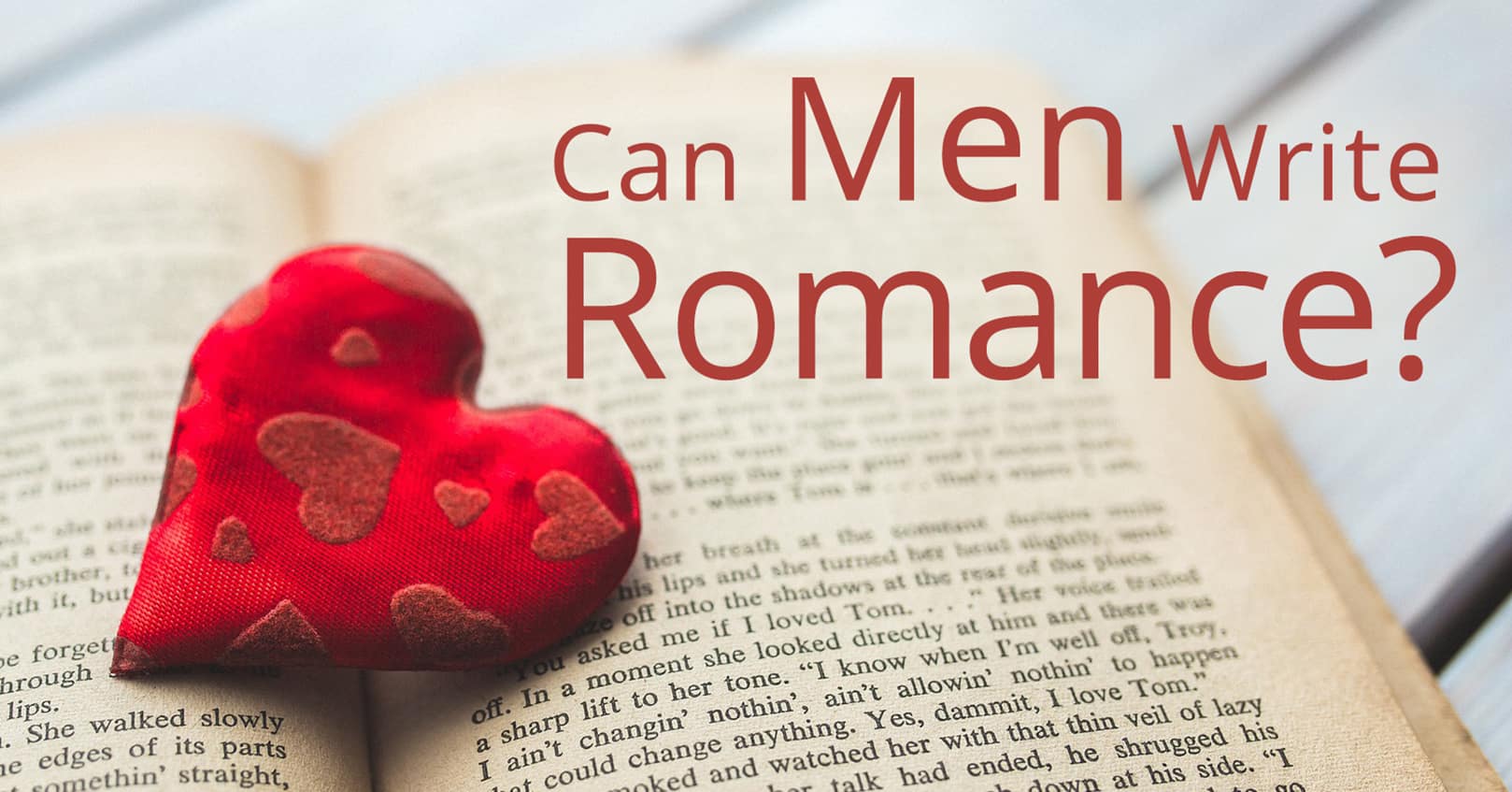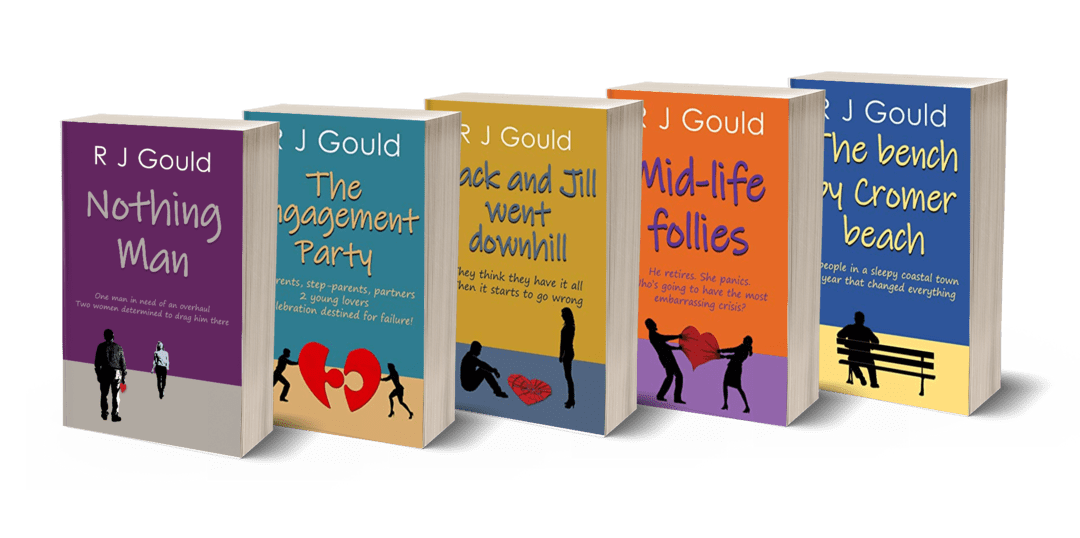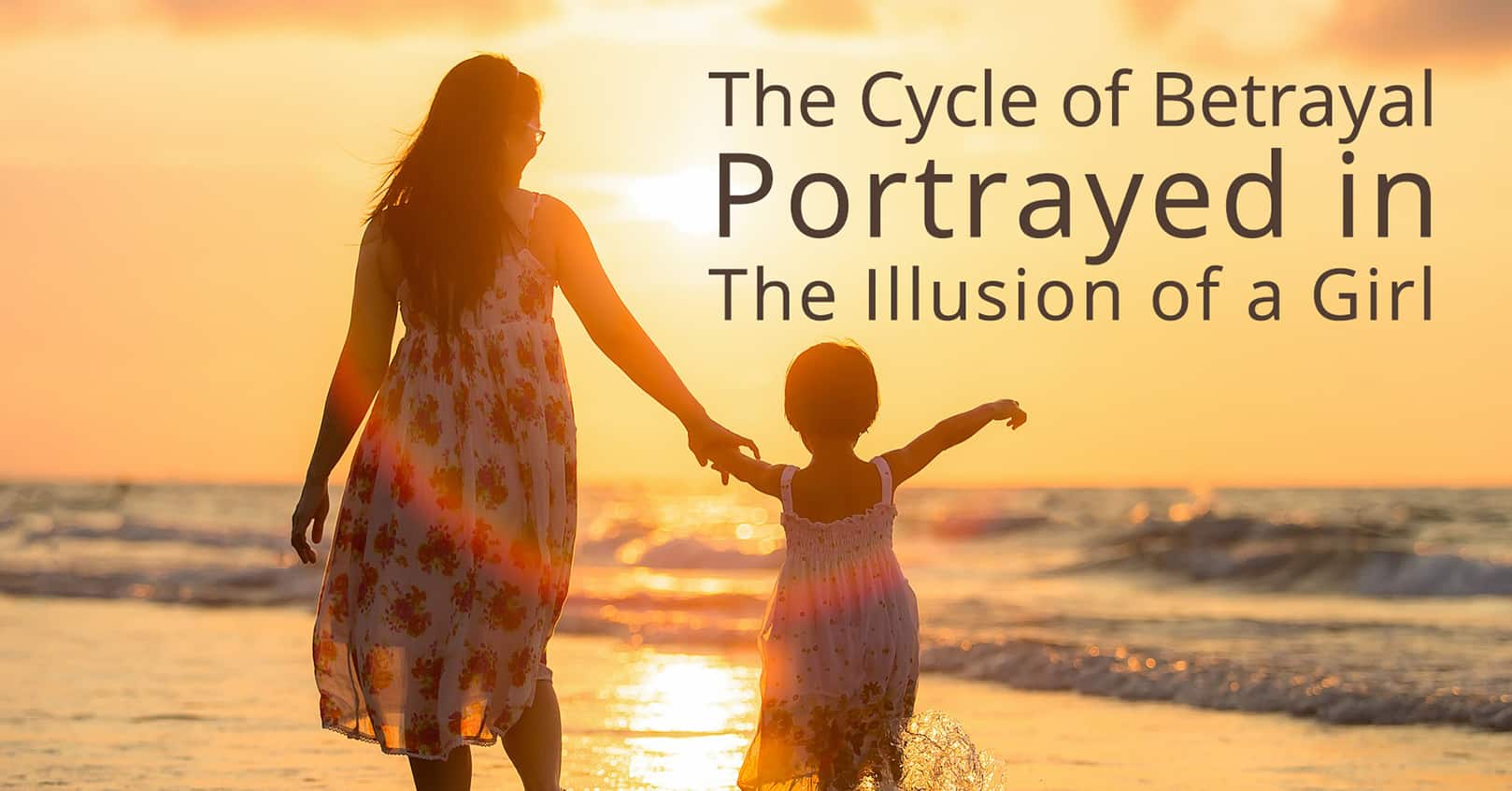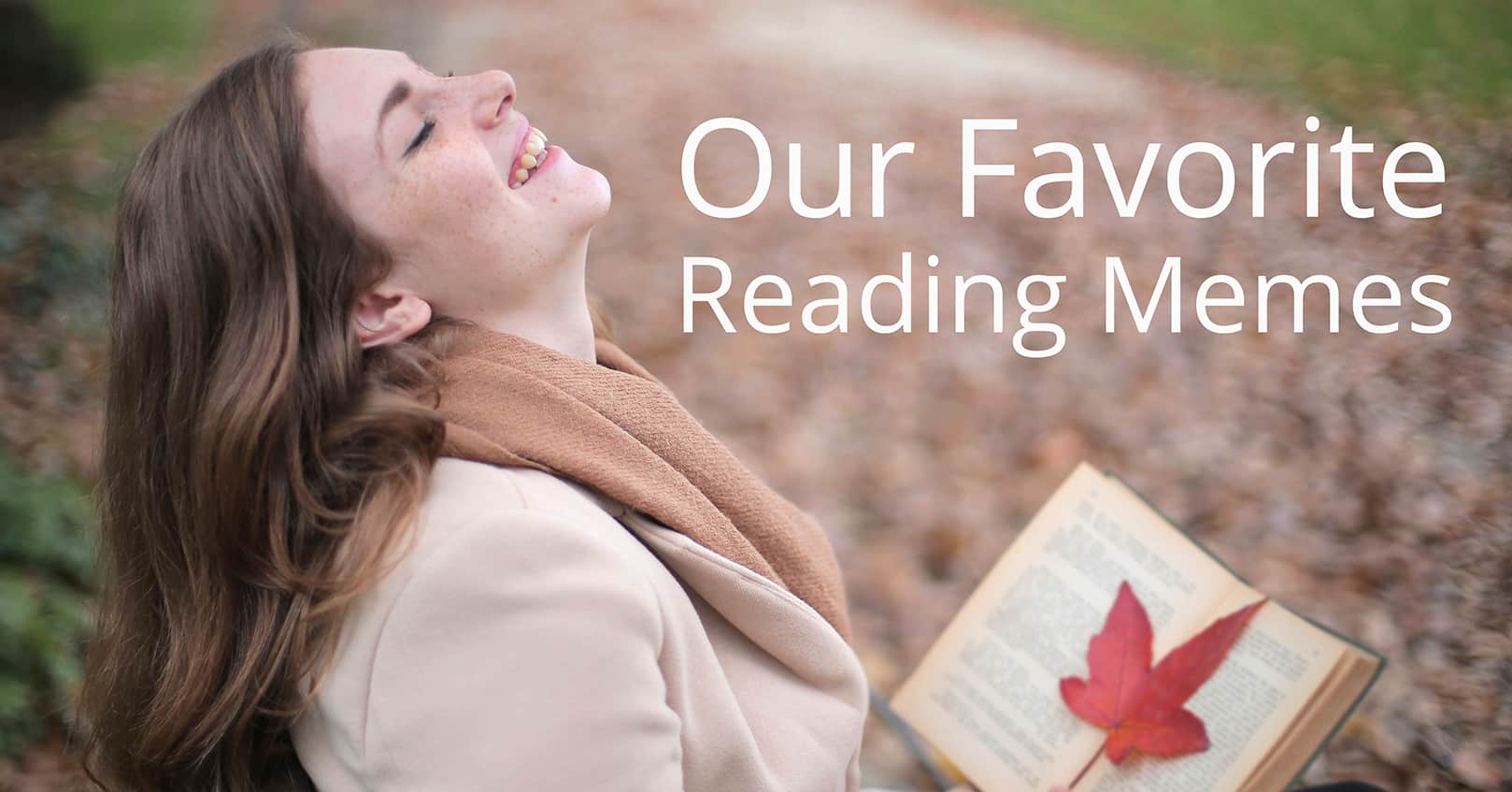
I’ll start with a question. If you were given a romantic fiction book to read without details of who wrote it, do you think you would be able to tell whether the author was female or male?
When it comes to the genre romance, women dominate. Most romantic fiction writers are female, most readers are female, and plots predominantly centre on the female point of view. At this early stage, I should point out that I am a male author writing romantic fiction. I’m not unique, but there aren’t that many of us—less than one percent of the membership of the UK Romantic Novelists’ Association are male (and I’m one of them).

To be truthful, I didn’t set out to be a romantic fiction author, I just got put there by my publisher because I write about relationships. My stories use humor, the wry British type, to describe my protagonists’ bittersweet journeys in pursuit of romance, frequently within a second-chance plot.
Since approximately half of those in a relationship are going to be men, why are so few male authors writing romance? Surely we can provide (the predominantly female) readers with interesting insights into the excitement, anxieties, disappointments, and complexities of romance from a male protagonist’s perspective. These men will be mirroring their female counterparts in terms of a diverse range of feelings, moods, and responses to the events around them. Depicting a strong male point of view can only add appeal to a love story.
Novels need secondary characters to add richness and to develop sub-plots. However, the male lead in romantic fiction, even when told from the female protagonist’s point of view, is not a secondary character—he’s right up there with his woman. He shouldn’t only be the recipient of what the female decides to do, a member of the audience receiving what’s thrown at him. He needs to be the driving force at times. While female authors can and do construct strong male co-stars, the male writer’s slant is likely to be different.
The traditional romantic novel plot is repeated time and time again—girl sees boy; girl wants boy; boy either unwilling, unsure or unknowing; lots of hassles for the girl; girl gets boy assuming she still wants him and hasn’t met someone else on her journey. But times are changing, fortunately for the better. Although inequalities remain, there are plenty of alpha females out there, women who are more powerful, sexually and socially confident, and financially successful than their male counterparts. These women can take the lead in starting, maintaining, and ending relationships as much as a male might do, so we can flip the traditional story to become boy sees girl; boy wants girl—and so on. Male authors are well-placed to cover this scenario.
Time for a confession. My name is Richard and I’m a coward. An agent suggested I use a female pseudonym to attract what is for this genre a predominantly female readership. “No way!” I declared with bold pride. “People are going to have to accept me for who I am.” That evening I considered Rebecca, Rosemary, Rachel, and Rita before opting for the cowardly compromise of using R J instead of Richard.
In retrospect, I regret that decision. Being a male writing romance is worth shouting about as it provides female readers with a different slant on relationships. It might even tempt more males to read the genre.
I’m convinced that we males can write romantic fiction, but back to that question I posed at the start. When you read a novel, is it apparent from the plot, the style, and use of language that the author is a male? Can men write romance? Well, I leave you to think about that . . .
















I’m a writer, a Male writer, and I have been writing romance. In the US, it’s the same. Almost all romance genre books are written and read by women, with the exception of Nicholas Sparks. I feel that men have the ability to write deep, moving romantic stories without making them too explicit. I think more men should read and write romance.
Richard Gould,
I 100% agree with you. Men can write romance novels. I just completed my fist realistic romance novel and it is now being published. You are right, depicting a strong male point of view can only add appeal to a love story.
And I am using my full real name.
Interesting read. I cannot identify an author or females less the name is obvious. Love stories do not have to have a happy ending if it otherwise is a good ending.
I read a book written by Mel Walker. Now Mel could be short for Melanie or Melissa, but I didn’t really pay attention to who the author was. As it turned out, Mel is male and I loved his book. It was romantic, touching and beautiful and hauntingly written. So can men write romantic fiction? Absolutely!
I’m one of those people who constantly has an audiobook in progress for listening while driving or active and another book open on my e-reader for when I’m able to sit and read, 98% of those romances. Over the last year, I’ve been noticing more romances written by men and have tried about a handful. I’ve generally enjoyed all of them. In one of the books I felt there was a subtle difference in the way the male character expressed himself, compared to how I thought a woman would have written the same scene. It was a bedroom scene and the hero was perhaps a little more blunt than customary, which came across as cold. It was otherwise a good story but I rated the book 4 stars instead of the 5 stars I gave his first book. By chance, I just finished a book by a female author where the hero is an MMA fighter, which is not a sub-genre I care for at all, but I love the author and it was one of her earlier works. I had the exact same problem with her hero, which until I set it down in this comment, I hadn’t even thought to compare.
Years ago there was a husband and wife team who wrote for one of the Harlequin-esque series. Their books were among my very favorites and I firmly believe it was due to the added male point of view.
My conclusion is that, YES, men can write roMANce. 😉
Best wishes for your success. I will look for one of your books to read.
Thanks for your comment. Naturally I agree since I do write Romance but on average male authors do have a different style/slant.
Thanks for posting my blog on ‘Can MEN Write RoMANce’. I hope readers conclude that they can!